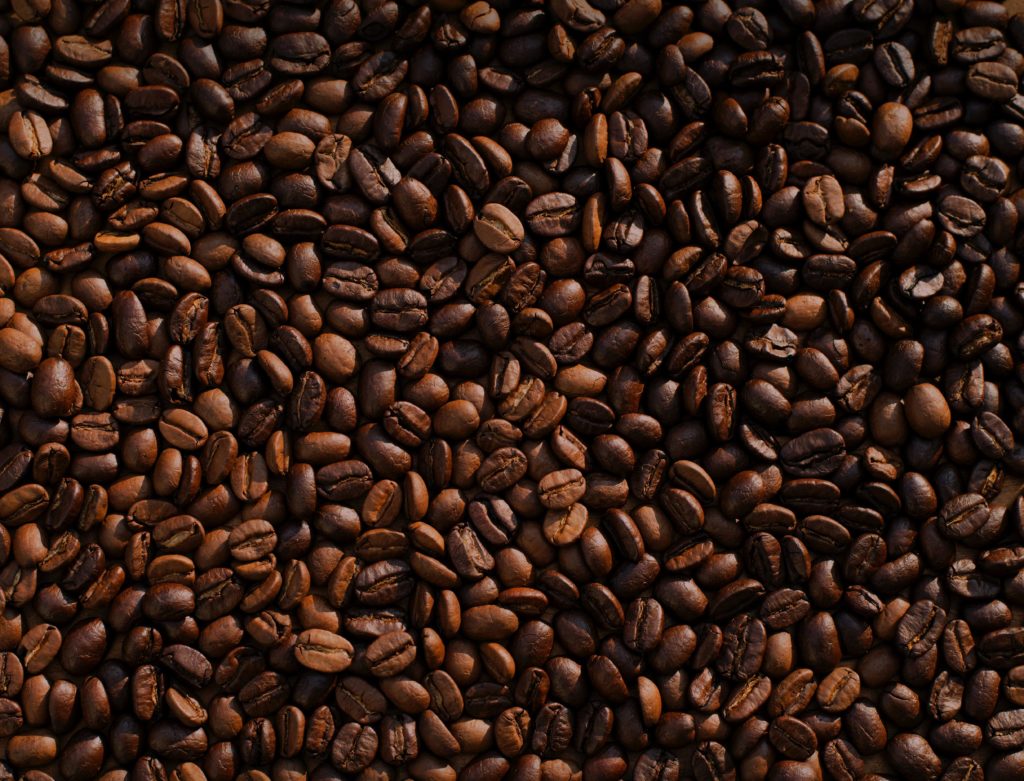Most people are aware that it’s the caffeine in coffee that gives drinkers that extra boost of energy and alertness. And when it comes to late-night cramming for an exam, test, or all-important presentation, drinking a caffeine drink is seen as a surefire way of staying awake long enough to get the task completed.
Research has also revealed that students who
drank coffee after learning something have increased recall the day after. So, does caffeine help learning, and, if it does, is it better to consume caffeine before starting studying, or afterward?
Here we take a look at what science tells us about the impact that timing may have on the effectiveness of caffeine as an aid to study.
Does Caffeine Help you Learn a Task Better if you Consume it After Completing the Task?
According to
research by the John Hopkins University, study subjects who were given 200mg of caffeine after studying a series of images were better able to recall the images the next day – which sounds like good news for last-minute crammers!
A Coffee Before an Exam Could Help Teens Concentrate
If you’re not a morning person (and this is particularly the case with teenagers), it could be that a cup of coffee could help improve your performance during morning exams or tests, when you’re usually not at your best.
A study showed that students who had a caffeinated coffee before sitting an exam in the morning had markedly better explicit memory (the memory needed to recall previously learned information) compared with students who had a non-caffeinated beverage.
Unfortunately, the difference wasn’t noted if the exam was taken in the afternoon.
Improved Cognition
There’s more good news on the effects of caffeine when it comes to cognition (the process of learning).
Research indicates that moderate doses of caffeine improve cognitive function. When slightly higher doses of caffeine are ingested, they can have a beneficial effect on cognition that would otherwise be impaired by sleeplessness.
How Much Caffeine and When?
Encouragingly, what the research seems to be saying is that drinking coffee can enhance cognitive performance whenever your drink it – the various pieces of research suggest that topping up your caffeine levels before or after a piece of cognitive effort may have beneficial results.
In terms of how much caffeine is the optimal amount, scientists have varying views. It’s generally accepted that adults shouldn’t consume more than 400mg of caffeine in a day, but different people have varying tolerances. Too much caffeine isn’t recommended, as it can make individuals jumpy and anxious – the last thing you need when concentration is vital.
If you need fast access to caffeine in a convenient format, take a look at
Jet Alert’s caffeine tablets.
America’s #1 selling caffeine tablet, Jet Alert tablets are easy to take and provide rapid access to a caffeine fix.



